In the world of photography, the camera is your key tool. Selecting the right brand and top camera brands model can elevate your craft and help you capture the world as you see it. With numerous brands on the market each boasting unique features and specialized technology, making an informed choice requires some knowledge. Here’s a closer look at some of the leading camera brands, their standout qualities, how they cater to different photography needs, and tips for making the ultimate selection that fits your photographic style and goals.
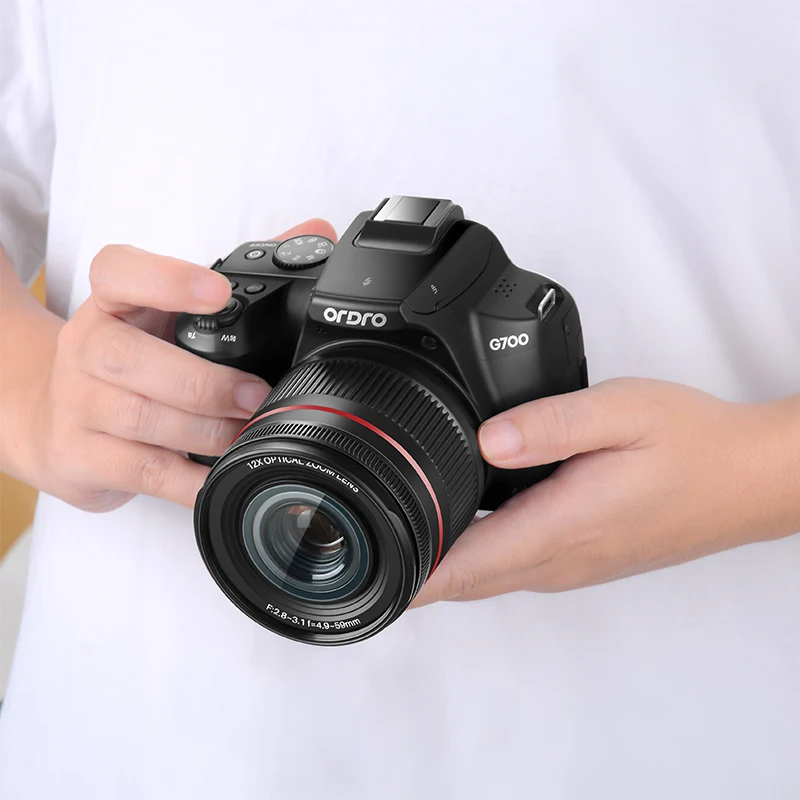
Defining Your Photography Needs
Identifying Your Focus
Understanding the nature of your photography is the first step toward selecting equipment that will serve your specific needs. The subject matter you are passionate about capturing—be it the serene vastness of landscapes, the intricate expressions of portraits, or the dynamic intensity of sports—will greatly determine the features you should prioritize in a camera. For landscape photography, you may seek high-resolution cameras that capture the finest details and offer a wide dynamic range to handle contrasting lighting conditions. In contrast, studio portraiture might lead you to cameras with exceptional color rendition and compatibility with various lighting setups.
If your interest lies in action or sports photography, a camera with rapid autofocus, high frame rates, and substantial buffer capacity is likely necessary to freeze the moment with clarity. Furthermore, the environment in which you shoot could necessitate weather-sealed bodies and lenses for durability in rugged conditions. This tailored approach to selecting your gear ensures you have the right tools to express your creative vision and capture your chosen subjects in the best light possible.
Assessing Skill Level and Expansion Possibilities
When contemplating a camera purchase, it is imperative to consider where you currently stand on the photography expertise spectrum and where you envision yourself in the future. For novices, it may be more appropriate to start with a model that offers an intuitive user interface and guided modes that can simplify the learning process. A camera that provides immediate access to auto modes, yet also allows experimentation with manual settings as you gain confidence, can be particularly advantageous for beginners transitioning to enthusiast-level skills.
For those already well-versed in the nuances of photography, choices might skew towards cameras that offer advanced features and customizable controls, facilitating a degree of precision and flexibility that a professional workflow demands. Additionally, the potential to expand your camera system is paramount. Considering a brand that holds a reputation for a rich ecosystem of lenses and accessories is beneficial. This foresight ensures that your initial investment supports future growth, allowing you to expand your photographic toolkit with specialized lenses, flashes, and other accessories as you explore new subjects or refine your expertise. The right equipment choice will not only meet your current demands but will also adapt with you as your artistry and technical proficiency evolve.
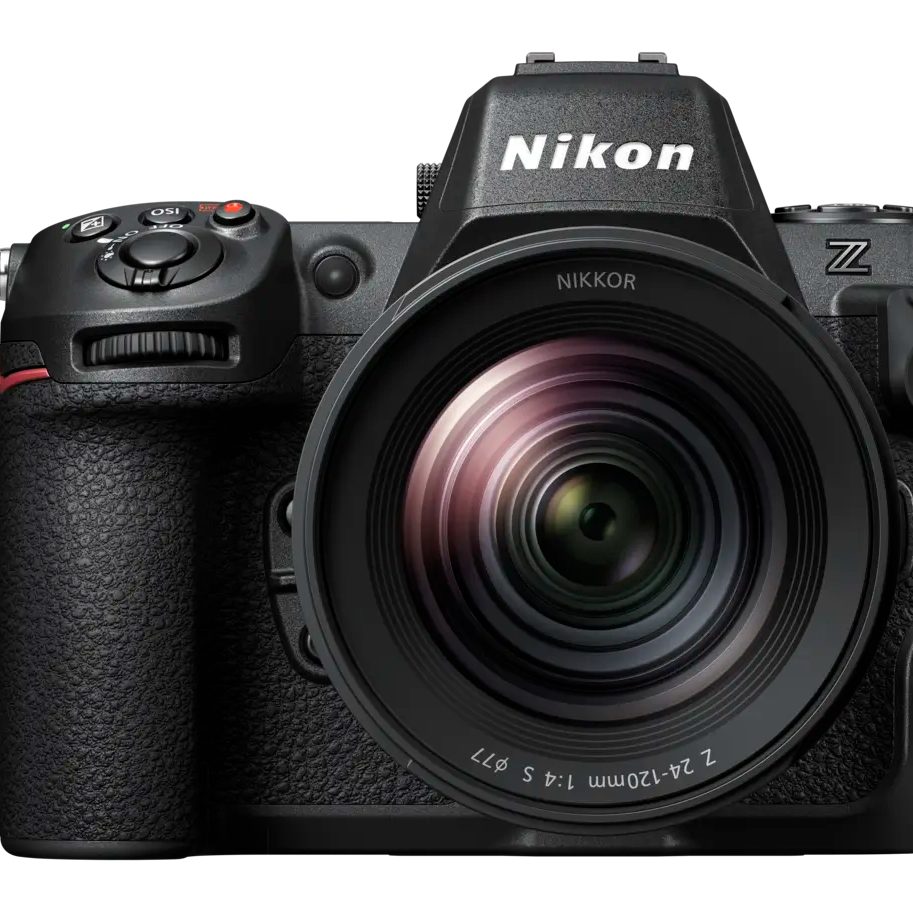
Snapshot of Leading Camera Brands
Industry Titans: Canon and Nikon
Canon and Nikon are the titans of the camera world, renowned for their comprehensive product lines that cater to all ranges of photographers. If you’re seeking reliability and a wide choice of lenses, either of these brands could be your go-to. Canon excels with its color science and user-friendly interface, whereas Nikon is often celebrated for its superior ergonomics and dynamic range.
The Innovators: Sony and Fujifilm
Sony has made waves with its mirrorless technology, producing cameras that are not only compact but also boast impressive autofocus systems and high-quality video capabilities. Fujifilm stands out for photographers who value aesthetic appeal, as its cameras often mimic the classic film look while also packing modern features and strong color rendition.
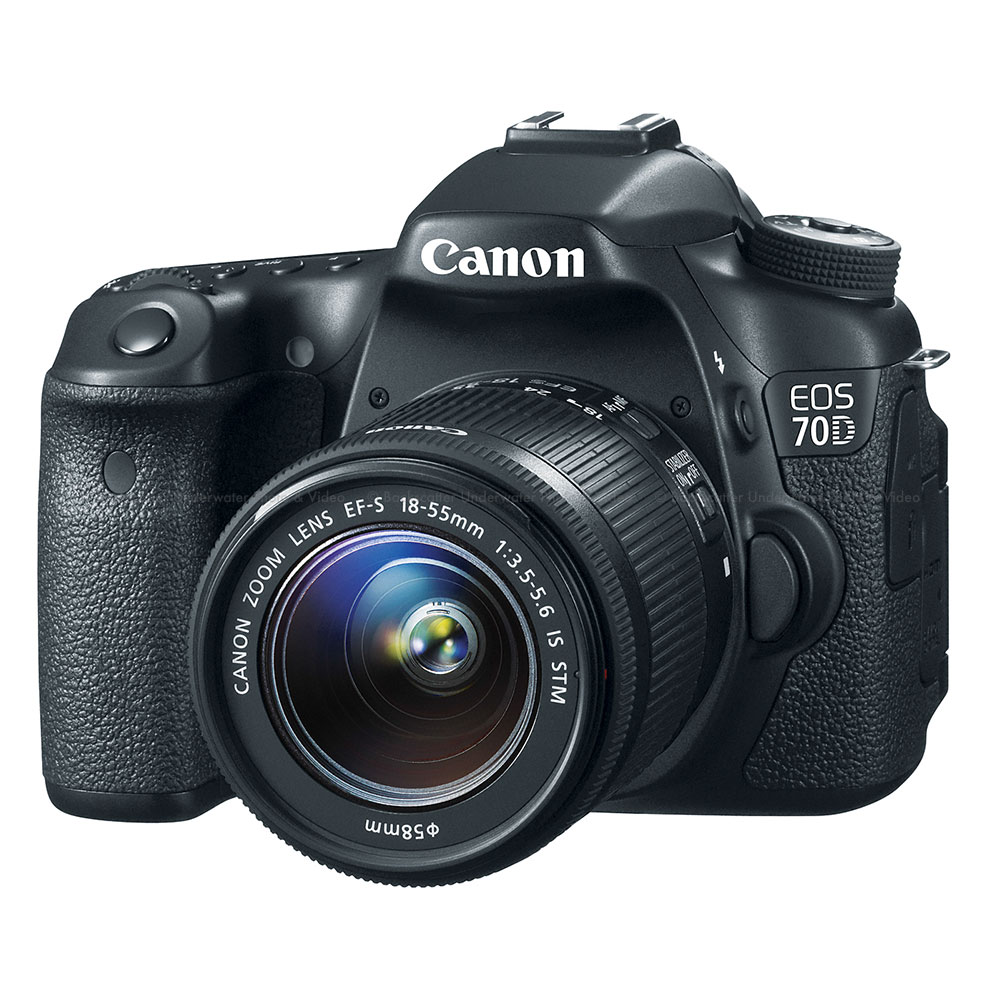
Tailoring Your Choice to Photography Styles
Landscape and Nature: Durability and Resolution
When capturing the grandeur of landscapes, resolution matters for those fine details, as does weather sealing for withstanding the elements. Brands like Pentax offer rugged models ideal for outdoor adventures, while the high-resolution sensors of certain Nikon and Sony cameras ensure that every leaf and ripple is crisply defined.
Portrait and Studio Work: Color Accuracy and Detail
For studio photographers, color accuracy and the ability to resolve intricate detail make a huge difference. Canon is a staple for many portrait photographers due to its flattering skin tones and reliable performance. However, you might also consider Hasselblad or Leica, though pricier, for their medium-format sensors that capture exceptional detail and tonal range.
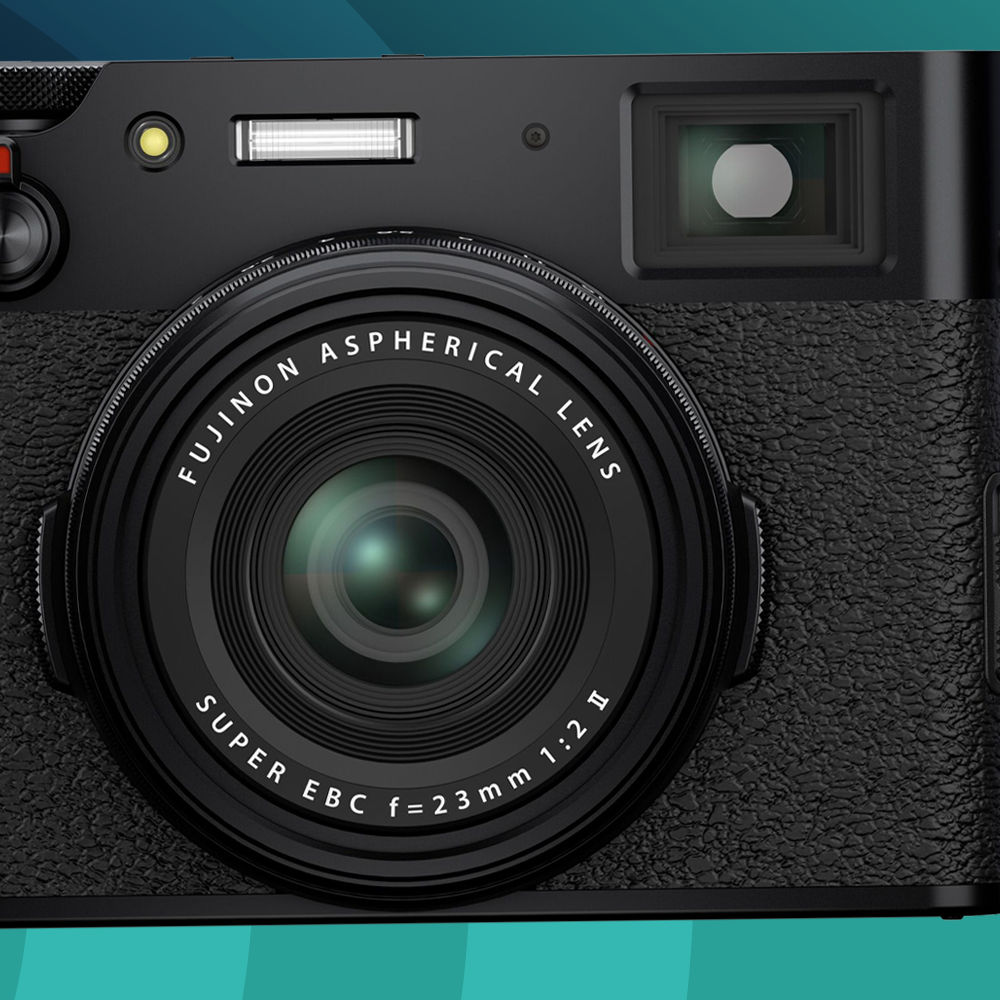
Action and Sports: Speed and Precision
For the fast-paced world of sports and action, you need a camera that can keep up. Brands like Canon and Nikon have long been favorites in sports photography, offering cameras with quick autofocus and high frame rates to capture every moment of the action with precision.
Tips for Making the Right Camera Brand Choice
Research and Reviews
Never underestimate the power of research. Delve into reviews, both from professionals and everyday users, to get a sense of real-world performance. Digital photography forums and comparison sites can offer valuable insights into how different cameras stack up against each other.
Digital photography forums are also a goldmine of unfiltered opinions and real-user experiences. Here, you can different camera brands to the community, gather feedback on specific models, and learn from the collective experiences of others. Additionally, comparison sites are instrumental in presenting side-by-side breakdowns of camera specifications, helping you to quantify differences in performance and features. Keep in mind that while specs are important, they don’t tell the whole story. Factors like a camera brand’s upgrade path, lens compatibility, and even customer service should be part of your research. By taking the time to scrutinize and compile information from various sources, you’ll position yourself to make a camera brand choice that aligns closely with your photography goals and preferences.
Test and Handle Cameras
If possible, get hands-on experience by testing different camera models. How a camera feels in your hand and how accessible the controls are can significantly affect your shooting experience. Visit camera stores, attend expos, or rent different models to find your best fit.
Long-Term Investment
Think of your camera as a long-term investment. Consider not just the camera body but also compatible lenses and accessories. A camera system that provides a clear upgrade path will give you room to improve your craft without having to switch brands and start over.
Consider Future Compatibility and Ecosystem
A camera is not just a standalone device; it is part of an ecosystem that includes lenses, flashes, batteries, and other accessories. Before settling on a brand, think about the longevity and availability of compatible accessories. Canon and Nikon, for example, have vast arrays of lenses and gear that are easily accessible, both new and pre-owned. Mirrorless brands like Sony, Panasonic, and Olympus also offer a growing selection of lenses and accessories optimized for their systems. Investing in a brand with a supportive and comprehensive ecosystem ensures that as your photography evolves, you will have the necessary tools at your disposal.
The Importance of Image Quality and Features
While ergonomics and ecosystems are vital, image quality remains a paramount concern. Assess the sensor size, pixel count, and image processing capabilities, as these factors directly impact the photos. Larger sensors typically found in brands like Sony and Fujifilm can deliver better low-light performance and a shallower depth of field. Features such as in-body image stabilization, available in select models from brands like Olympus and Sony, may also influence your decision if you tend to shoot without a tripod or in dynamic conditions. Weigh these quality and feature considerations carefully against your photographic priorities.
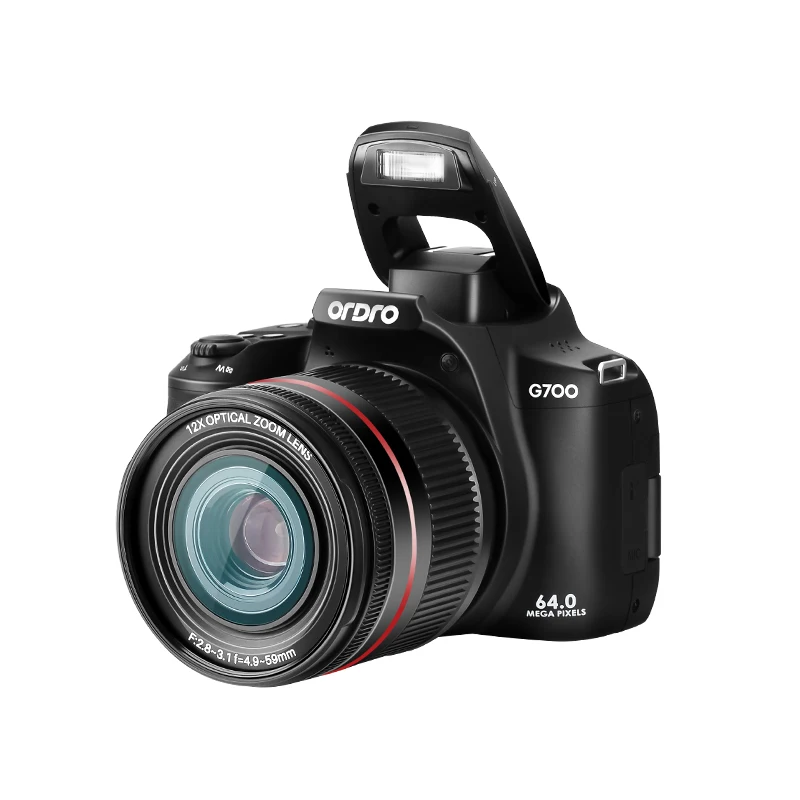
Budget Considerations and Brand Loyalty
Finally, let’s talk budget and brand loyalty. Your financial plan will significantly narrow down your choices. You might admire the high-end specs of a Leica, but if it’s out of reach, brands like Canon, Nikon, and Sony offer excellent alternatives that won’t break the bank. If you are already invested in a particular brand’s system, it might be cost-effective to upgrade within the same brand to utilize your existing gear. Brand loyalty can have practical benefits, but don’t be afraid to switch if a different brand offers something that better suits your evolving photography needs. The right camera brand for you is one that both fits your budget and inspires your creativity.
In conclusion, each leading camera brand has distinct qualities that might resonate with your photography needs. Whether you prioritize performance, ergonomics, innovation, or a particular style of image, there’s a brand out there that matches. By understanding your needs, evaluating what different brands have to offer, and considering how a camera functions in your hands, you’ll be ready to make an informed decision that will serve you for many clicks to come. Your ideal camera should not only feel like an extension of your vision but should inspire you to pursue new angles and stories through the lens.
